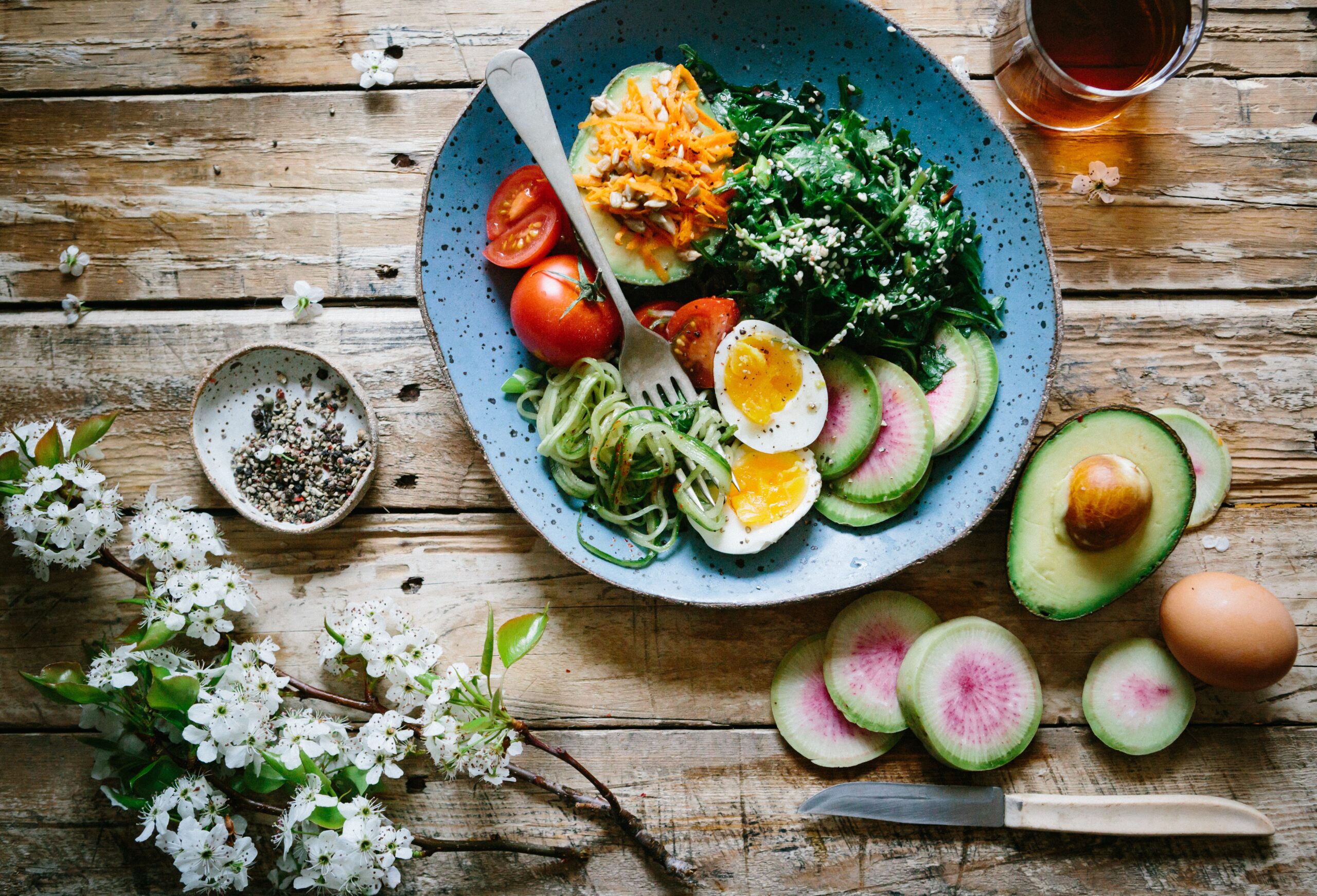
In the nocturnal ballet of well-being, the spotlight now turns to the often underestimated role of diet in orchestrating a symphony of sweet dreams. This comprehensive exploration navigates the delicate relationship between diet and sleep. From unravelling the secrets of the best foods for sleep to understanding what constitutes good sleep nutrition and crafting a diet conducive to rest, this guide aims to empower those seeking to enhance their sleep quality through the transformative power of dietary choices.
In the moonlit landscape of nutrition, certain foods stand as ambassadors of rest, contributing to the delicate dance of sleep quality. Let’s explore the best foods that play a role in nurturing tranquil nights.
Cherries: Nature’s own little sleep aid, cherries are rich in melatonin, a hormone that regulates sleep-wake cycles. Incorporating cherries or tart cherry juice into your evening routine may naturally enhance your sleep quality.
Fatty Fish: Salmon, mackerel, and trout are abundant in omega-3 fatty acids, which have been linked to improved sleep. These heart-healthy fats may not only benefit your cardiovascular system but also contribute to restful nights.
Nuts and Seeds: Almonds, walnuts, and chia seeds are packed with magnesium, a mineral that plays a role in promoting relaxation and quality sleep. A small serving of these nutrient-dense foods can be a bedtime snack that supports your journey to dreamland.
Beyond the individual components, the overarching theme of good sleep nutrition is crucial for establishing a diet that nurtures restful nights. Let’s delve into the principles of a diet that harmonizes with the nocturnal needs of your body.
Balancing Macronutrients: A well-balanced diet that includes a mix of carbohydrates, proteins, and healthy fats provides sustained energy throughout the day and helps stabilize blood sugar levels, contributing to a more consistent sleep pattern.
Limiting Caffeine and Stimulants: While a morning cup of coffee is a ritual for many, consuming caffeine and stimulants later in the day can disrupt sleep. Aim to limit these substances, especially in the hours leading up to bedtime.
Incorporating Tryptophan-Rich Foods: Tryptophan is an amino acid precursor to serotonin and melatonin, neurotransmitters that play a role in sleep regulation. Foods like turkey, dairy, and soy contain tryptophan and can contribute to a restful night.
With the understanding of individual components and overarching principles, let’s craft a sleep-conscious diet that aligns with your lifestyle and dietary preferences.
Lean Proteins: Poultry, tofu, and legumes are excellent sources of lean proteins that can be part of a balanced dinner. These proteins contain amino acids that may support the production of sleep-inducing neurotransmitters.
Herbal Teas: Chamomile and valerian root teas are known for their calming properties. Enjoying a warm cup before bedtime not only hydrates but also adds a soothing ritual to your sleep-conscious diet.
While embracing sleep-nurturing foods, it’s equally important to identify and limit those that may disrupt your nocturnal harmony. Let’s shine a light on foods to avoid for better sleep.
Highly Processed Foods: Foods high in refined sugars and processed ingredients can lead to spikes in blood sugar levels, potentially disrupting sleep. Opt for whole, minimally processed foods for better sleep nutrition.
Spicy and Heavy Meals: Large or spicy meals close to bedtime can cause discomfort and indigestion, making it challenging to settle into restful sleep. Aim to have your main meal earlier in the evening and keep bedtime snacks light.
Caffeine and Nicotine: Limiting caffeine and nicotine intake, especially in the hours leading up to bedtime, is essential. These stimulants can interfere with the natural progression into sleep, leading to restlessness.
In the culinary ballet of well-being, the partnership between diet and sleep emerges as a powerful duet, influencing the quality of our nights. From savoring the best foods for sleep to understanding the principles of good sleep nutrition, this comprehensive guide seeks to empower sleep supplement enthusiasts on their quest for optimal sleep quality. May your nights be filled with the sweetness that comes from crafting a diet in harmony with the rhythms of rest. Sweet dreams await as you unlock the transformative power of a sleep-nurturing diet on your journey towards a well-rested and rejuvenated self!



Enter your email below to claim your discount and receive science-backed advice